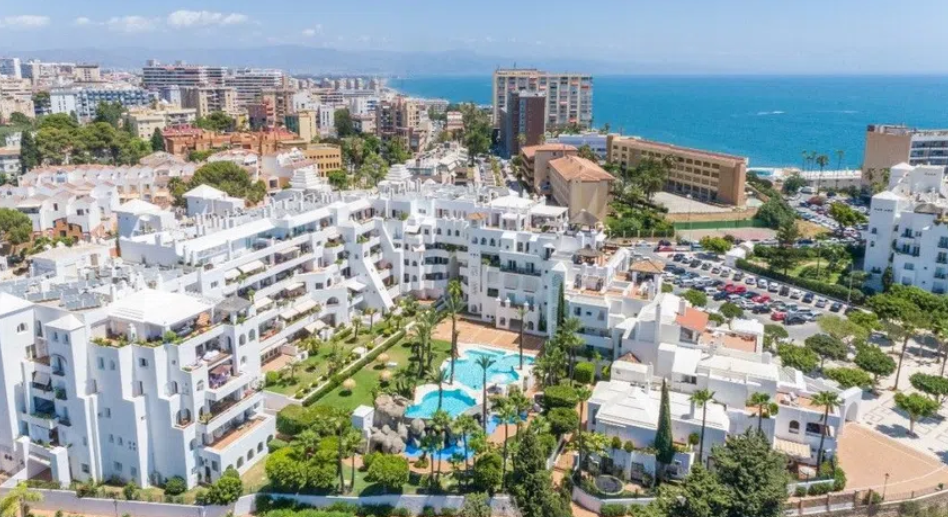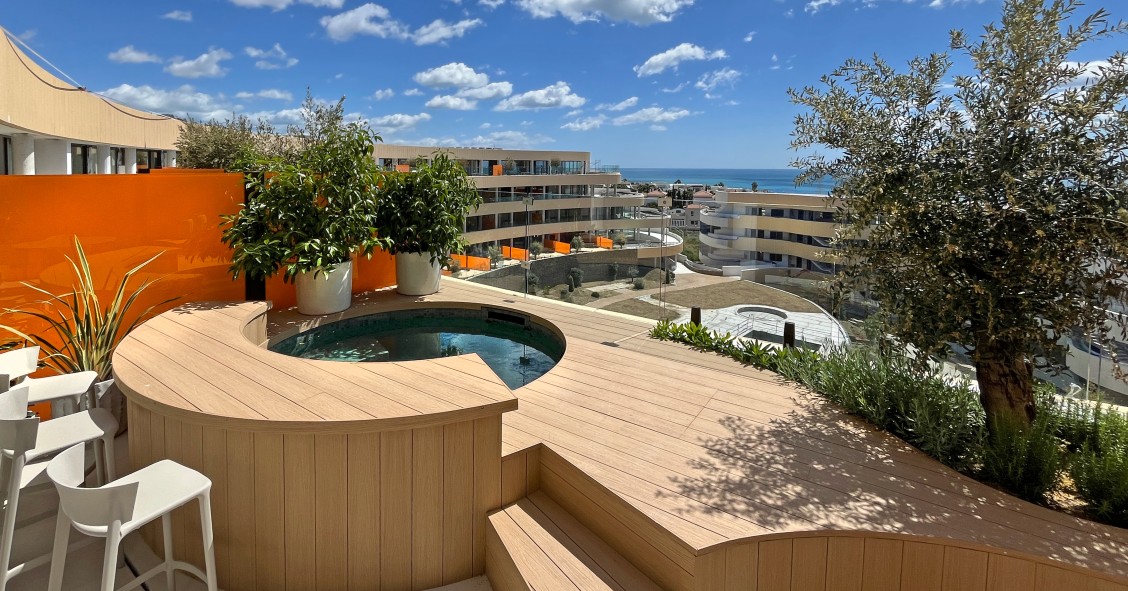
Article written by José Manuel Fernández, deputy general director of UCI
The Costa del Sol has become central to a transformation that is reshaping the Spanish property market. Once primarily a tourist destination, it is now one of the most dynamic and desirable areas for both investment and residential property, particularly among international buyers.
This shift is far from anecdotal. Málaga and its surrounding areas have risen to become some of the most exclusive markets in Spain. According to recent data from UCI, 84.5% of mortgages granted to foreign buyers in Spain are for second homes, with over a third located in Andalusia. Moreover, 19 of the 20 highest-priced neighbourhoods in the region are on the Costa del Sol – a figure that confirms its status not only relative to Madrid and Barcelona, but also in comparison with leading European cities.
The appeal of the Costa del Sol extends well beyond its climate. While over 300 days of sunshine a year remain a major attraction, other factors are shaping this new chapter: the rise of remote working, greater international mobility and the growing presence of so-called digital nomads. Málaga, with its strong technological infrastructure and air links to more than 140 destinations across 40 countries, has become a strategic base for professionals seeking a high quality of life without compromising global work opportunities.
This shift is also changing the typical profile of the international buyer. The average age is falling, with demand moving from traditional retirees to families and professionals aged between 35 and 55. Executives and entrepreneurs – particularly from the UK, the Netherlands and the US – are choosing the region for its unique combination of lifestyle, connectivity and economic prospects.
This dynamism has been a key factor in SIRA and UCI choosing Torremolinos as the host city for Inmociónate 2025, the leading event for Spain’s residential property sector. Taking place on 15 and 16 May, the conference will bring together nearly 800 professionals to explore the trends shaping the present and future of the industry, from the rise of artificial intelligence and the influence of behavioural economics to the challenges of lifelong learning and the shortage of available housing.
The Costa del Sol is no longer just a holiday destination; it is where the future of the Spanish property market is being shaped.
